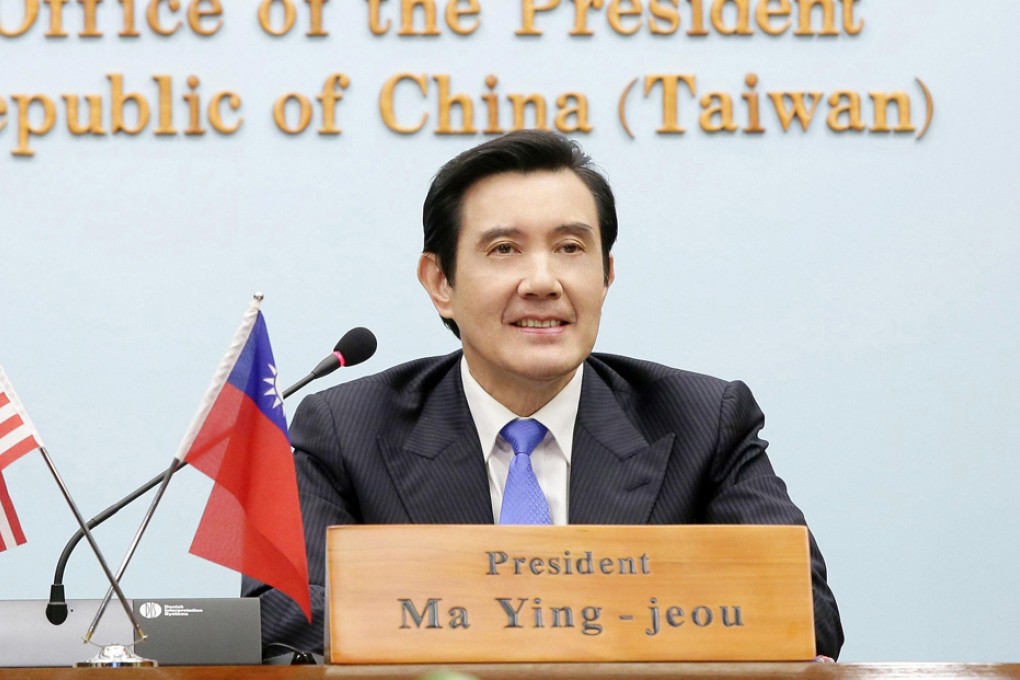Protests over, Taiwan must now have a rational debate on source of power
President Ma Ying-jeou's decision to halt construction of Taiwan's nearly completed but controversial fourth nuclear power plant ahead of a referendum makes sense for the time being.

President Ma Ying-jeou's decision to halt construction of Taiwan's nearly completed but controversial fourth nuclear power plant ahead of a referendum makes sense for the time being. Ahead of year-end local government and council polls, and with thousands of anti-nuclear protesters on the streets, he had no appetite for another protest like the recent occupation of parliament over a cross-strait trade agreement.
The project has been mired in controversy since it was first proposed three decades ago. Even prominent officials of the ruling Kuomintang have doubts about whether it should go ahead. The debate now moves on to the issue of power supply, the sensitive question of costs versus safety, and the rules for referendums. To pass a referendum question, half the voters must turn out, and half of them must support it. Anti-nuclear activists want a "no" vote to prevail at a lower threshold. Hopefully, the public interest will be served by reasoned debate about the nuclear-power issue, and not blindsided by political wrangling over referendum rules.
That said, local commentators are right to urge the administration to improve communication with the public ahead of any referendum. It comes down to a test of whether the public would be willing to accept higher electricity prices if they voted against a fourth nuclear power facility.
There is an argument the station should go ahead, subject to rigorous safety checks. It is understandable that opposition was re-galvanised in the wake of the 2011 Fukushima nuclear disaster in Japan. And the project has not been without its construction and management problems. But Taiwan, like Japan, has little choice but to consider nuclear power because it lacks the natural resources to generate electricity. Taiwan's three operating nuclear power stations, two of them in New Taipei City in the north where the fourth is being built, have operated safely for many years, while providing nearly 20 per cent of the island's electricity. Taiwanese need to put politics aside and talk about the island's future development.